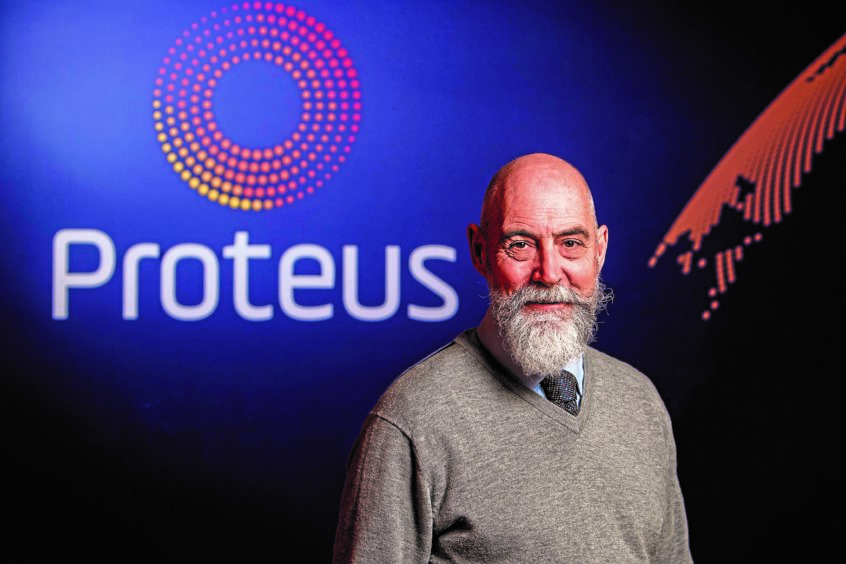
As we move towards a meaningful energy transition, 2024 is throwing up challenges that are reshaping the trajectory of energy projects.
Policy switches from government, the competing agendas of different energy providers, cost inflation and the constant struggle for securing investment, have put many projects on the back burner. It is becoming increasingly evident that operators, developers, and the supply chain must proactively drive efficiencies if projects are to be successfully delivered.
The energy transition landscape is marked by seemingly continuous flux, both regulatory and market driven. When I speak to senior figures within the energy sector they talk of uncertainty and changes of direction that undermine confidence and can affect crucial investment decisions and long-term planning.
Cost inflation throughout the supply chain, caused by global shocks such as the pandemic, the Ukraine war and instability in the Middle East, further compounds the problem, squeezing profit margins and putting financial viability at risk. This means there is greater pressure to find innovative ways to manage costs and optimise resources.
This was particularly evident in 2023. For example, many offshore wind projects have been affected by the perfect storm (pun most definitely intended) of high tariffs and supply chain issues. Meanwhile, oil and gas firms are still dealing with windfall tax fallout and are bracing for a likely General Election in 2024 that could herald a new Government and further changes in policy.
With so many external pressures, businesses must get back to dealing with what is within their control and move towards greater digitalisation and the use of analytic tools to reduce costs and increase margins in tight markets.
I have spent my career looking at how to maximise efficiency and it amazes me when I speak to many other successful businesspeople about their pain points, and they still don’t leverage the power of technology to ease their troubles. We hear so much about how Artificial Intelligence will change our lives – and it most certainly will – but there are already smart business tools in the market that can genuinely transform the way companies do business.
The emphasis on efficiency isn’t solely about mitigating the impact of external factors; it’s about fortifying the energy industry against uncertainties. This can be achieved by embracing technological advancements, leveraging data-driven insights, and harnessing the power of specialised project management software.
Software, equipped with features tailored to the complexities of the energy sector, has emerged as a crucial asset. It allows for streamlined collaboration, real-time tracking, risk assessment, and predictive analysis, empowering project managers to make informed decisions swiftly and effectively.
Time, often a critical factor in project delivery, is saved through automated workflows, centralised data management, and seamless communication channels. Additionally, the financial savings stemming from reduced errors, minimised rework, and optimised resource allocation are significant, bolstering the bottom line of projects.
The role of well-managed and controlled projects has become the linchpin for success – especially in securing decent margins for hard-pressed businesses.
Operators and the supply chain are recognising the transformative potential of digitalisation, not only as a response to current challenges but as a strategic investment for the future. As we navigate the complexities of energy transition, efficiency and digitalisation in project management will undoubtedly play an increasingly significant role in delivering a sustainable and prosperous future.
James McCallum is chairman and co-founder of Xergy. With offices in Aberdeen, Broughty Ferry, Dubai, and Perth, Australia, the company’s project management software Proteus enables customers to simplify the way they work on projects. It is an end-to-end project management software tool that delivers detailed workflows that cover every aspect of complex engineering projects.
